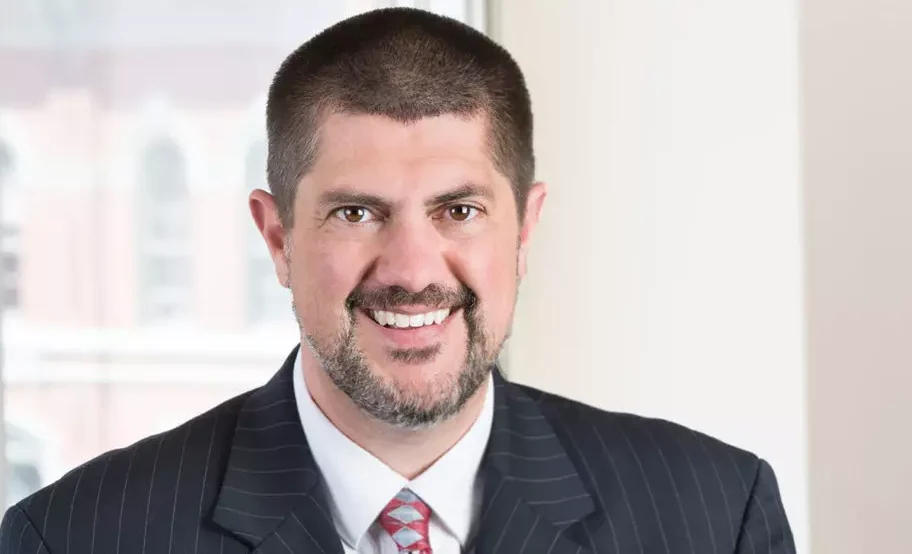Construction disputes can get personal. Projects often involve months, or even years, of intense collaboration, tight deadlines, financial pressures, and reputational stakes. Many in the construction industry have hard charging personalities. When something goes wrong, it’s not just about concrete and contracts. It’s about trust, pride, and accountability. Emotions naturally run high, but mediation will only succeed if discussions stay focused and forward-looking.
A mediator’s job is to help parties channel that emotion productively. Counsel and clients can do the same by preparing in advance, managing high-conflict personalities, and keeping the tone solution-oriented from start to finish.
Preparation sets the emotional tone
Clients often come to mediation ready to “make their case.” While it’s important to be persuasive, mediation is not an opening statement—it’s a negotiation. Preparing clients emotionally can be just as important as preparing the legal arguments. That means setting expectations: there will be frustrating moments, uncomfortable conversations, and possibly statements they strongly disagree with. Anticipating those triggers can help clients stay composed when tensions rise.
Before the session, talk through possible scenarios. What if the other side downplays damages? What if the mediator challenges your position? Helping clients understand that these moments are part of the process, and not personal attacks. This will keep them focused on the bigger goal of resolution, and it always helps to preview with the client that some of these moments are almost certain to occur during the mediation.
Managing high-conflict personalities requires structure and patience
Every mediation has its own dynamics. Some parties vent, others disengage, and occasionally one side adopts an “all or nothing” stance. In those moments, structure and creativity are your allies. First, the structure. You are in a process, and all participants should see the process through. Sometimes mediations seemed doomed, only to have them change course and lead to a resolution less than an hour later. Creativity also is important. Counsel is working with the mediator to try to figure the right “next step.” Sometimes, private caucuses can help diffuse tension and give parties a chance to regroup. So can brief breaks, reframing statements, or returning to shared facts rather than opinions. Sometimes the mediator meets with counsel separately for a short time to assess the current situation. Every mediation tool is on the table in every mediation, the key is figuring out when to use a certain tool and in what manner.
Counsel plays a key role in modeling calm, professional behavior. If clients see their attorney reacting emotionally, they’re likely to follow suit. When the lawyer remains measured, it reinforces confidence and steadiness in the process. While your client always wants you to believe in their claim, you also are guiding them through a process that is unusual for them but common for the lawyer.
Keep the focus on solutions, not stories
Mediation is about finding a path forward, not revisiting every past wrong. Skilled mediators help redirect conversations from blame toward problem-solving: What can be fixed? What can be learned? What can be done right now to move closer to resolution? We can’t change the past, but how do we make the best decision given where the parties sit at the current time, and what does the future look like if the case is not resolved?
Counsel can support that shift by summarizing key points neutrally and suggesting practical next steps. Even when emotions flare, returning to shared interests—such as finishing the project, releasing funds, or preserving relationships—can bring the conversation back to productive ground.
The takeaway
Construction disputes can’t always avoid emotion, but they can manage it. By preparing clients for the tone of mediation, maintaining structure when conflict arises, being creative where it is needed, and consistently steering toward solutions, parties can turn emotion into momentum. The most successful mediations are not the ones where everyone agrees. They are the ones where everyone stays engaged and respectful enough to find common ground.

